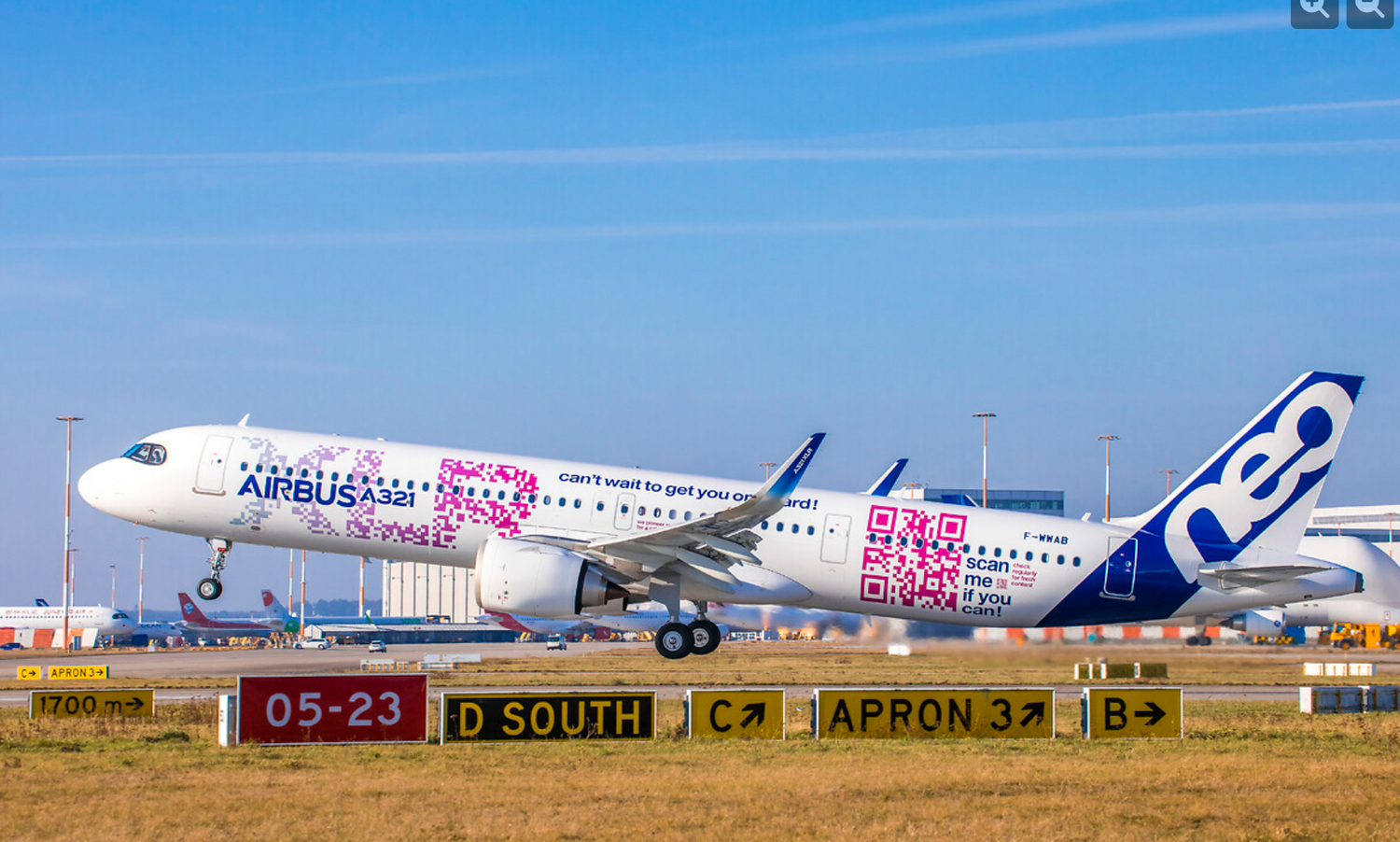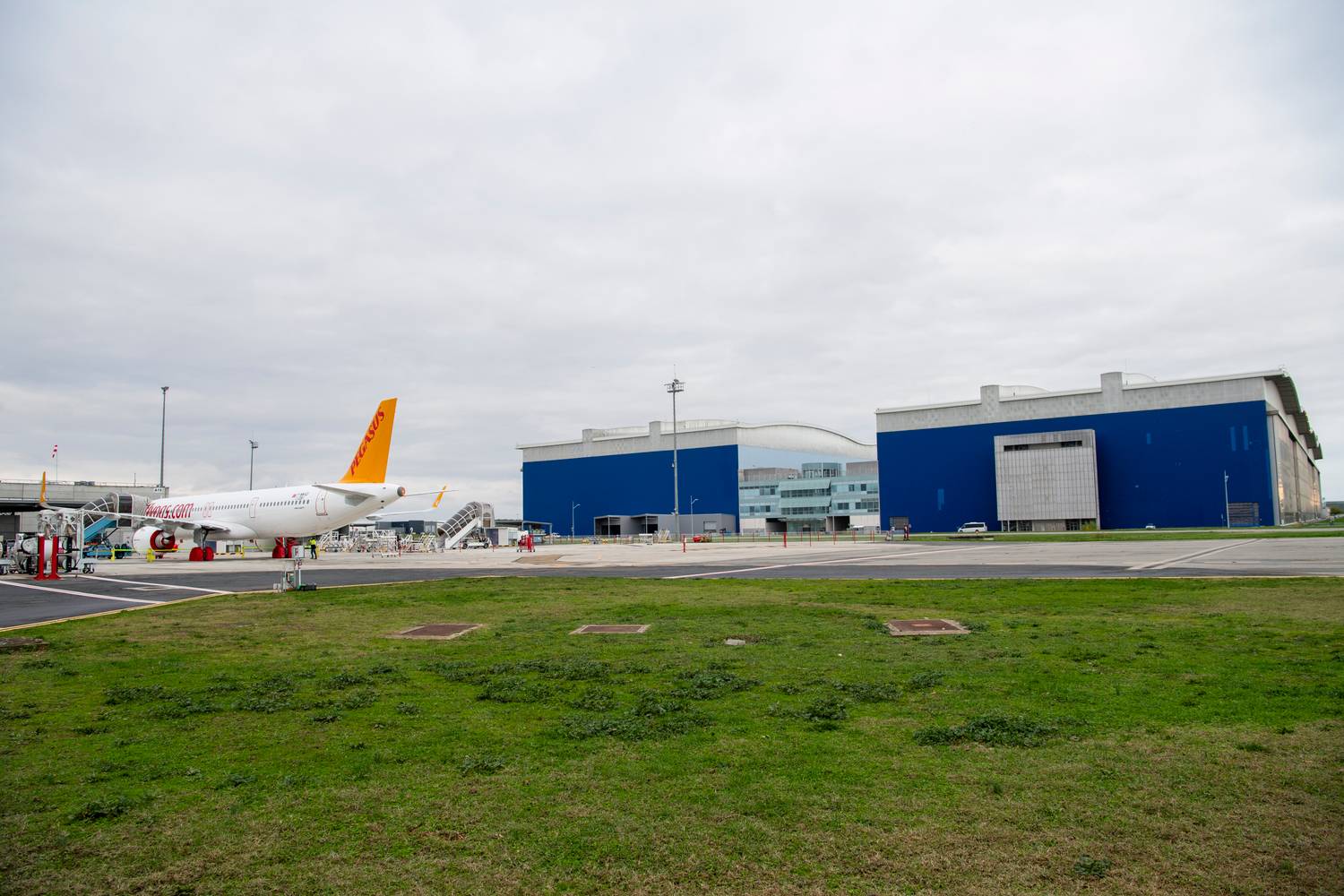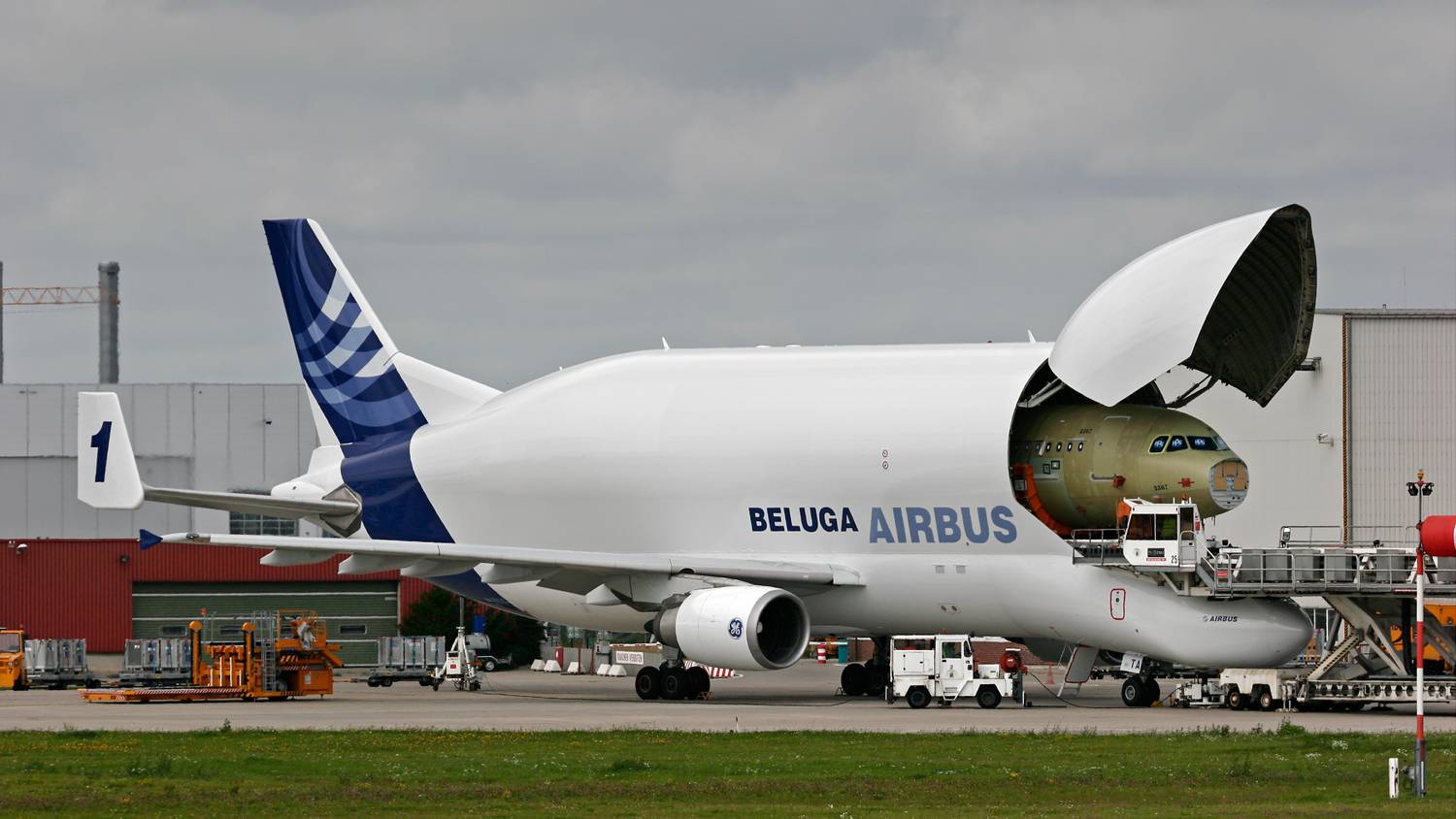SUMMARY
- Airbus is working towards the entry into service of the A321XLR in 2024, which will have the longest range of any single-aisle aircraft.
- The company’s production rates are set to increase to meet surging demand, including the A350 and A220.
- Airbus plans to expand its cargo business to the United States, offering oversized freight transportation using its fleet of BelugaXL planes.
European aircraft manufacturer Airbus is coming off an eventful 2023 and looking ahead to a new year full of innovation and recent developments. Follow along as we look ahead for the next 12 months and see what Airbus is gearing up for in the coming year. We’ll take a look at developments with the A321XLR, increased production rates, and cargo expansions
The A321XLR is set to enter service
The A321XLR, Airbus’s extra long-range narrowbody, first flew in June 2022. The longest (and longest-range) A320neo family member is scheduled to enter into service in 2024. Although the production of the aircraft had been hindered, the planemaker continues to strive to meet its entry into service target for the A321XLR. The aircraft will have the longest range of single-aisle aircraft worldwide when it officially enters commercial service.
The aircraft is the extended-range variant of the A321neo, designed to connect faraway, low-volume destinations. The jet’s marketed range has been set at 4,700 nautical miles (approximately 8,700 kilometers). Neo aircraft, short for ‘new engine option,’ feature significant advantages compared to the original ceo (‘current engine option’) variants of the A320 family. The jet’s extended range is largely made possible through extra fuel tanks.

Photo: Airbus
Airbus is developing sufficient safety features for the extensive aft center fuel tanks while claiming that these modifications will not compromise the A321XLR’s marketed performance.

RELATED
Airbus A321XLR Test Pilots Say It Is A ‘Pleasant Aircraft To Fly’
The aircraft has been undergoing flight testing since September.
Recently, Airbus tested the A321XLR aircraft through another face of testing with a grueling 13-hour flight throughout Europe. While it is well on its way to certification, Airbus will still need to convince regulators about its proposed solution for the extra fuel tank, enabling it to have a “game-changing” range. Despite these hurdles, Airbus Chief Executive Officer Guillaume Faury has reiterated his confidence in their solution and expects deliveries to begin next year.
Production rates will rise
As Airbus closes in on reaching its full-year target of 720 deliveries, the manufacturer plans to ramp up production in 2024 as demand surges. As Airbus CEO Guillaume Faury said after the Airbus Third Quarter earnings call, “By definition, by nature, the 2024 output will be significantly higher than 2023.”
In November, Airbus announced that over the next couple of years, they will increase the production rate for the A350 to 10 aircraft per month. The manufacturer has also announced its plan to increase the production of the inherited A220 to 14 monthly aircraft, with 10 being produced on parallel lines in Mirabel, Quebec. This is part of an efficiency and cost-cutting drive for the adopted narrowbody program, which has failed to reach profitability despite its order book of almost 800 units.

Photo: Airbus
In October 2023, Airbus broke ground on a new 350,000-square-foot facility in Mobile, Alabama. The new facility will serve as an additional final assembly line for the A320 family aircraft. It won’t be active by 2024 as it’s scheduled to come online in 2025. However, Airbus will certainly be putting a lot of energy into making sure this expansion stays in schedule over the next year. The expansion project also includes a new paint shop and modifications to the main hangar. By 2025, the expanded assembly line will create 1,000 new jobs.
Also this year, Airbus began building a new final assembly line (FAL) in Tianjin, China, as well as opened a new FAL dedicated to producing the A321neo in Toulouse, France, and a FAL purpose-built for the A321XLR in Hamburg, Germany. Today, all Airbus A320 FALs worldwide can assemble the more extended range and higher capacity A321. To support its worldwide growth, Airbus is also doing well with its plans to recruit 13,000 new employees globally.
Commercial cargo operations will expand
Airbus plans to expand its cargo business to the United States in the new year. Last year, Airbus introduced a new service for global customers focusing on transporting oversized freight using its fleet of five A300-600ST Super-Transporter Beluga planes. This was the first time Airbus had used these mammoth jets beyond internal transportation of supplies. Over the past two decades, the five Beluga STs have transported large aircraft parts between different Airbus production sites around the world.
Airbus has been progressively replacing the older BelugaSTs over the past few years with a fleet of six newer BelugaXLs. These BelugaXLs, based on the A330-200, allow Airbus to increase production of jets through more oversized transportation. Now, as the older BelugaSTs are no longer needed for internal transport, their operational missions have shifted and have since become available to customers with outsized freight transportation needs in many sectors such as aeronautics, energy, space, humanitarian, and maritime.
The service initially launched the oversized cargo service for European customers but will expand to US clients. Recently, Airbus Beluga Transport applied for a foreign air carrier permit and permission to begin charter cargo flights to the United States in February 2024.




















